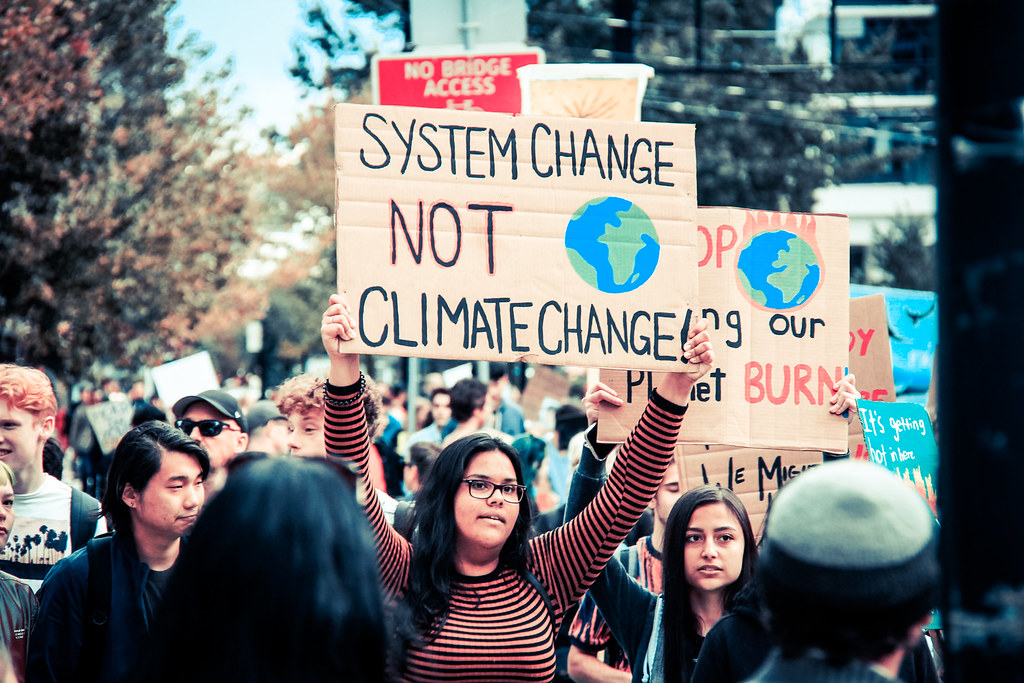
The government’s new NetZero plan and revisions to previous Green strategies have been described to be drastically in conflict with its previous projection of ‘unequivocally’ meeting climate commitments and placing great importance on the Climate Crisis. The Conservatives’ 2019 manifesto made bold commitments to deal with the Climate, alongside other major political parties, promising £13.84bn of investment in the environment, £1bn of investment to the research and development of electric vehicles, £800m of investment to build a carbon capture storage cluster, and two million new Green jobs by 2030. Whilst it may have temporarily looked like adequate responses to the Climate Crisis and optimism about the future was in sight, the somewhat easy backpedaling of promises has once again been proven.
On 18 July 2022, the High Court ruled against the Government’s inadequate net zero strategy, concluding that it breaches the Climate Change Act and needs to be strengthened, as it failed to include the adequate details and proposed policies to deliver the promised emissions cuts. (White & Case) Although, in March 2023 the government included more details on its Net Zero strategy, with promises to fund £300m for up to 1,400 zero-emission buses through regional schemes, and remove all diesel-only trains. (BBC) The Climate Change Committee (CCC) (an independent statuary body created to advise the government on reducing greenhouse emissions and adapting to Climate Change) have exposed frequent missing pieces of, and errors in information; with trade bodies also highlighting that the government is consistently missing pledges that they proudly display on their reports, like planting 30,000 trees per year until 2030. This leads us to question: Do we truly expect the government to fulfil its policies? And are we prepared to accept the consequences, if not?
However, the recent revisions to the March 2023 Net Zero Strategy commitments show even further regression in achieving targets, which include pushing back the ban on the sale of new petrol and diesel cars from 2030 to 2035, and ruling out policy ideas that would require people to share cars, eat less meat and dairy, and be taxed to discourage their flying. The Climate Change Committee highlighted the greatest negative environmental impact would come from the fact that one in five homes would never be required to switch from a fossil fuel boiler (after the government revisions).
Sunak asserted that these revisions highlighted a new “pragmatic, proportionate, and realistic approach” and by delaying some policies, it would relieve households of an unfair burden of the large costs associated with adapting low-carbon emitting utilities.
Whilst this may be the case in the short-term, analysts highlight the devastating economic consequences of predicted climate change on the UK economy. In response to these, climate revisions analysts from LSE found that climate change damages in the UK are projected to increase from 1.1% of GDP at present, to 3.3% by 2050, and 7.4% by 2100. These increases would come from factors like adapting to rising sea levels, extreme weather events, degradation of habitats for plants and wildlife, declines in the productivity of livestock and fisheries, and predicted decreases in international trade. Recent news of urges to update risk modelling approaches used by the financial sector to avoid ‘Climate related pain’ further signify the pervasive impact of the climate crisis and whether the government’s current approach is sufficient.
Whilst the government does have enforced emissions reductions regimes, like the carbon market, there are additional concerns over mismanagement and loopholes in legislation. It was recently discovered that $46 million worth of Carbon Tokens Credit was allocated to now permanently closed companies, Fertilisers, Ineos and Liberty Steel, and was meant to incentivise manufacturers to cut carbon emissions and invest in renewable technology. However, it caused production plants to decrease production and completely shut down, leading to significant job losses and undermining climate goals. (Financial Times)
Therefore, this begs the question whether current actions by the government are sufficient in dealing with Climate Change, or if greater accountability is needed to ensure robust and adequate policymaking and enforcement?
Image: Chris Yakimov, 2019 // CC BY-NC 2.0 DEED



Average Rating